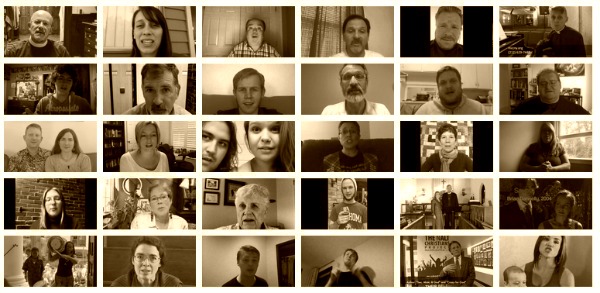I am becoming increasingly aware of the limitations of language when we talk about God. It has many forms, but usually sounds something like this: “Dear Heavenly Father.” I’ve often used this phrase to talk to and about God. It’s not wrong, per se, but I recognize the limiting and biased nature of it. This is the language that I have inherited through repetition and tradition. But how would others look at me if I prayed, “Dear Heavenly Mother?”
How I talk about God affects what I think about the divine and the world. There is a correlation between my perspective and my language—each serves and supports the other. By calling God “Father,” I am saying that God is like a man, including the physical and emotional properties that coincide with this image. Am I unknowingly hindering my understanding of all that God is by gendering and humanizing the nature of God?
I recently finished my second and final Hebrew class. As we studied the Hebrew Bible, I realized two things:
There is no gender-neutral noun in the Hebrew language. In other words, language forces the reader/translator to refer to God as masculine or feminine (in a human sense).
The Hebrew Bible was written in a patriarchal society so, naturally, they chose to portray God as male. This is not an attractive part of biblical history, but the ugly truth is that women were second-rate citizens in the culture of that day. An androcentric society wrote an androcentric book? Makes sense.
Thoughts matter. Language… [Read more…] about God Our Mother









